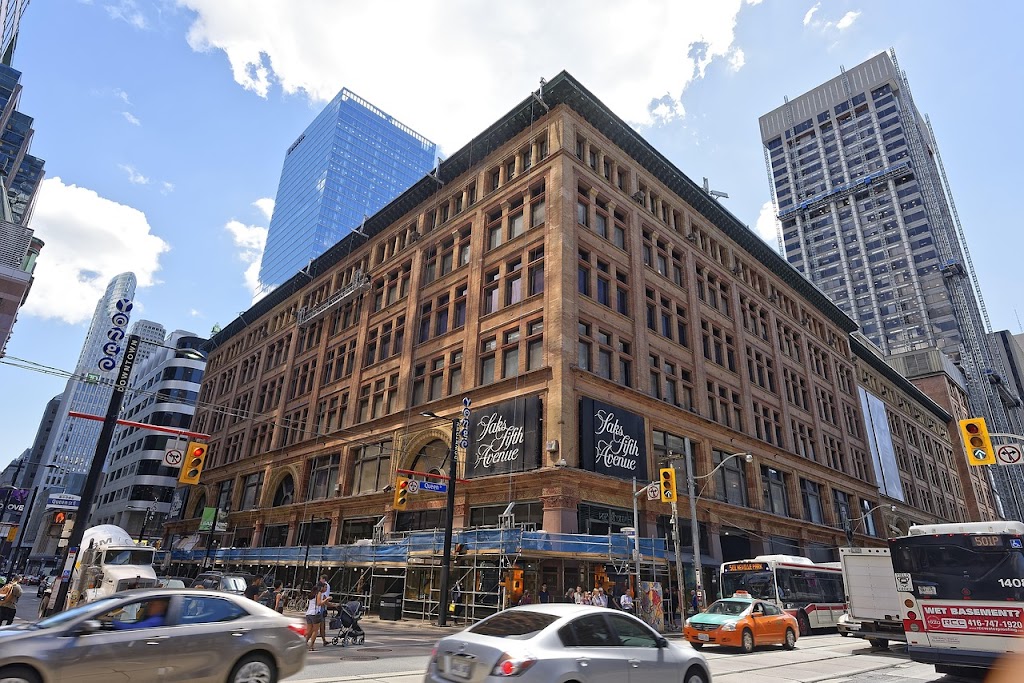Smart Money Tips and Budgeting Guide for Life in Canada
Canada is a beautiful country with stunning views, friendly people, and many exciting opportunities. However, living in Canada can be expensive. Whether you’re new and moving into your first home, or you’ve been living here for a while and are dealing with rising costs, it’s important to manage your money wisely. Today, you will get easy and useful tips to help you stay in control of your spending. With a good budget, you can cover your needs, worry less about money, and enjoy life in one of the most welcoming countries in the world. Understand the real cost of living Understanding the cost of living in Canada helps you make better choices right from the start. Should you choose to rent a one-bedroom flat in a large city, the rent can take up a big part of your monthly budget. On top of rent, you also need to pay for utilities and internet. Cooking at home usually costs less than eating at restaurants, but food expenses can still be high each month. Transport costs also vary depending on where you live. Some people take the bus or train, while others drive and must pay for petrol, insurance, and car maintenance. You will also need to pay regularly for a mobile phone and internet service. In Canada, the government provides healthcare that covers doctor visits and hospital treatment. However, you still have to pay for dental check-ups, glasses, and medicine unless you have private health insurance. It’s always important to look for cheaper options. Try to compare prices before you buy something. You can also save money by choosing second-hand furniture and clothes from charity shops. Use discounts, special offers, and loyalty cards also. Always read service contracts carefully so you don’t get charged extra without knowing. When you understand how you spend your money, it’s easier to plan your budget and avoid unexpected costs. Create a budget (and stick to it!) A budget is a simple way to track how you use and manage your money. It helps you see how much you earn, how much you spend, and what you have left. To create a budget, you should start by writing down all your income. This includes your wages, government support, or money from part-time jobs. Next, list down all your expenses, which should include your rent, food, transport, and even small things like coffee. You can keep track of your budget with a notebook, printable budget sheets, a spreadsheet, or free tools and apps. Once you understand where your money is going, you can set clear limits for each type of expense. Make sure to spend on important needs first, like food and rent, before spending on things you just want. If the money you earn or spend changes, update your budget right away. Always try to save a small amount, even if it’s just a little each week. Over time, your savings will grow and can help in emergencies. A clear budget helps you use your money in a smart and careful way. Ways to save money every day Saving money starts by paying attention to how you use it. This means understanding how you spend your money. You can still enjoy life, but it’s important to use your money wisely. Small changes in your daily habits can help you save more in the future. Use reward cards and cashback apps to save money each time you shop. Buy large amounts of basic items like rice, tinned food, and toiletries when prices are low. Watch for sales, and always ask if there are discounts for students or newcomers. There are shops that have these if you show your ID. Check your subscriptions, like for apps or streaming services, and cancel the ones you don’t use. For fun, go to local parks, free museums, libraries, or festivals in your area. Many of these activities cost nothing or very little. Try not to use credit cards too much, and don’t spend just to follow the latest trends. Live comfortably without spending too much You don’t need to be rich to live well in Canada. With good planning and simple habits, you can enjoy a comfortable life without financial problems. Learning how much things cost, making a budget that fits your needs, and using easy saving tips can help you manage your money better. These habits give you more control and help you feel less worried about your spending. Plan smart, and live better in Canada! Exciting programmes from Global Visa Support are now ready to help you move to Canada easily and with confidence: http://globalvisasupport.com/canada.html. Results show that the expert team at Global Visa Support has already helped many people move to Canada fast and without problems: http://www.globalvisasupport.com/contact.html.
Smart Money Tips and Budgeting Guide for Life in Canada Read More »







